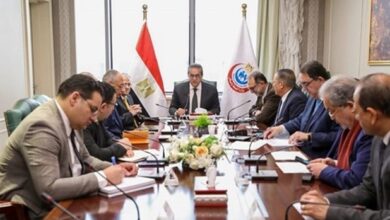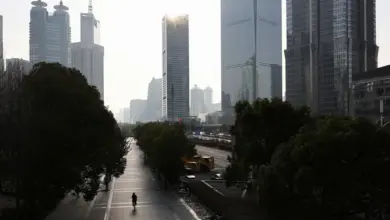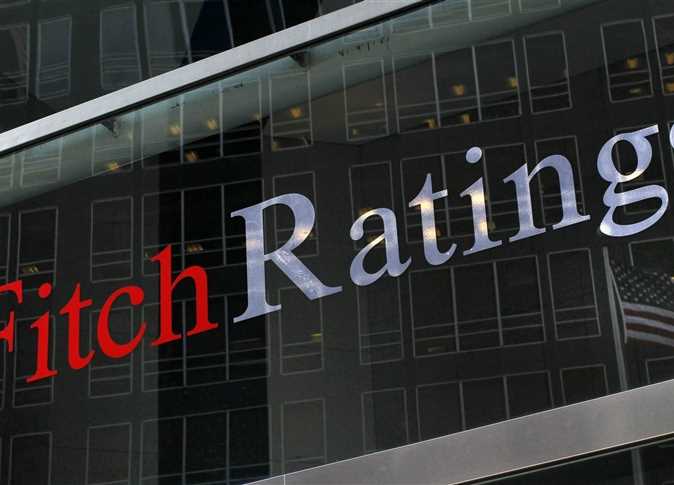Egypt is unlikely to lure the foreign investment it hoped for this year as nervous overseas businesses spend small following political unrest there, the chairman of a state-run investment agency said on Wednesday.
However, Osama Saleh, chairman of Egypt's General Authority for Investment, said he expected investment flows into the country to start gathering pace in the summer.
Investment into Egypt slumped last year as a popular uprising overthrew President Hosni Mubarak, prompting investors to withdraw capital and put projects on hold. Egypt is now trying to attract labor-intensive investments and make a dent in its long lines of unemployed people.
"(FDI) is recovering but not, of course, at the previous momentum. I would assume towards the end of the third quarter this year it will start picking up," Saleh said in an interview on the sidelines of an investment forum in Abu Dhabi.
"The reported figure is between US$2.5 billion and US$3 billion which I don't think will be achieved this year," he said, referring to earlier estimates for inflows of foreign direct investment.
FDI is likely to recover slowly as investors deploy a small initial chunk of capital before following through with larger amounts as projects progressed, he said.
However he pointed out that a number of notable investments by multinational corporations, including GlaxoSmithKline and Electrolux, have already been made since the Mubarak's exit.
Saleh said Egypt was looking to market its strengths in labor-intensive industries where the country had strong expertise, such as in agriculture.
"We are looking for real investors…not big in capital as much as big in numbers of people — job creation."
The country still remains politically fragile ahead of a presidential election in May and some international banks are still reluctant to lend into the country.
Other institutions are, however. On Monday, the Japan International Cooperation Agency signed a $1.28 billion loan to help fund construction of Cairo's fourth metro line.
Saleh believed Egypt was making strides towards returning to a time when it was one of the largest recipients of inward investment in the Middle East and North Africa.
"During 2011, it was a little bit vague for outsiders to see how Egypt looked.
"With the transition going smoothly right now towards the presidential election, a lot of stability is coming back — in particular on the political side."




